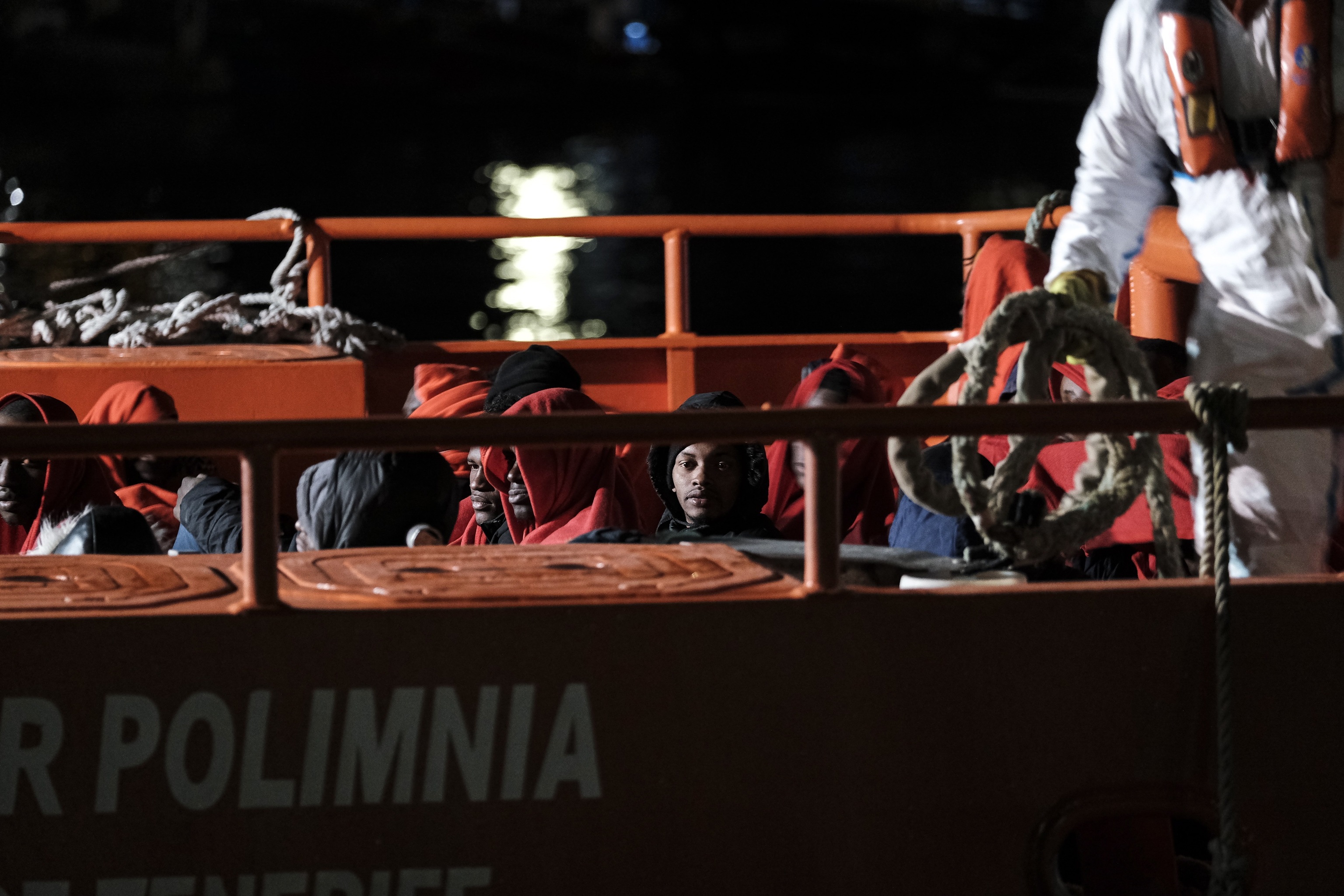CHISINAU: Ex-Soviet Moldova on Tuesday convened its security council after a series of blasts in the Russian-backed separatist Transnistria region raised fears of a spillover from the war in Ukraine.
The breakaway region saw explosions hit its security ministry on Monday and a radio tower on Tuesday morning.
President Maia Sandu was to hold a meeting of the country’s Supreme Security Council “in connection with the incidents in the Transnistria region,” her office said, with a press briefing to follow.
The blasts came as the conflict in Ukraine has provoked fears in Moldova that the country could become Russia’s next target.
A Russian military chief last week angered Moldova by referring to “oppression” of Russian speakers in Trasnistria.
The Kremlin expressed “concern” over the blasts and Russian state news agency RIA Novosti quoted a source in the Trasnistria government as saying that attackers had entered from Ukraine.
The OSCE in Moldova tweeted that it “condemns all attempts to destabilize (the) situation” in Transnistria and its buffer zone.
Two explosions hit a radio tower re-broadcasting Russian stations near the Ukrainian border early Tuesday, the interior ministry of the breakaway region said.
The ministry said two “powerful” antennae that were re-broadcasting Russian radio were out of order, and shared images of them lying on the ground.
There were no injuries, it added.
Earlier the Transnistrian authorities said the offices of the state security ministry in Tiraspol were hit by what appeared to be a grenade-launcher attack on Monday evening.
No one was injured in the incident, which happened at around 5:00 p.m. on a public holiday for the Orthodox Easter.
But windows and doors were blown out in the state security ministry building and smoke was “billowing out of the buildings,” the Transnistria region’s interior ministry said in a statement.
Transnistria’s security council also said that a military unit had been hit in the village of Parkany close to the main city of Tiraspol, regional TV reported.
Kremlin spokesman Dmitry Peskov told reporters: “We are observing closely and the news prompts concern,” while declining to comment on the possible attackers.
Transnistrian leader Vadim Krasnoselsky said on Telegram that threats to the region had “become real” and “each challenge will receive an appropriate response.”
The region declared a “red” level of terror threat for the next 15 days, stepping up security checks on roads and its frontier with Moldova, switching schools to remote learning and canceling a parade commemorating World War II victory on May 9.
RIA Novosti quoted a source in the Transnistrian government as saying three unidentified individuals unofficially crossed the border from Ukraine, attacked the security ministry, then crossed back.
Transnistria is an unrecognized Moscow-backed breakaway region that seceded in 1990, followed by a short war in 1992, with the Russian army fighting alongside separatists against Moldovan forces.
The frozen conflict has seen Russia deploying troops there ever since.
The region is located about 80 kilometers (50 miles) from Moldova’s capital Chisinau, bordering western Ukraine.
Moscow still has a military base there, guarding a stockpile of some 20,000 tons of munitions.
Chisinau has long called for the Russian troops to leave.
A senior Russian military official last week raised the issue of “oppression” of Russian speakers in Transnistria in the context of Russia’s military campaign in Ukraine.
Moldova’s foreign ministry summoned Russia’s ambassador over the comments.
Moldova, a former Soviet republic of 2.6 million people is one of Europe’s poorest countries.
President Sandu was elected in 2020 on a pro-Western program and since the Ukraine conflict began, the country has had a flurry of visits by Western officials including US Secretary of State Antony Blinken and a financing boost from the IMF.
Unlike neighboring Romania, Moldova is not a member of NATO. It formally requested to join the bloc in March.
Note: This article have been indexed to our site. We do not claim legitimacy, ownership or copyright of any of the content above. To see the article at original source Click Here












